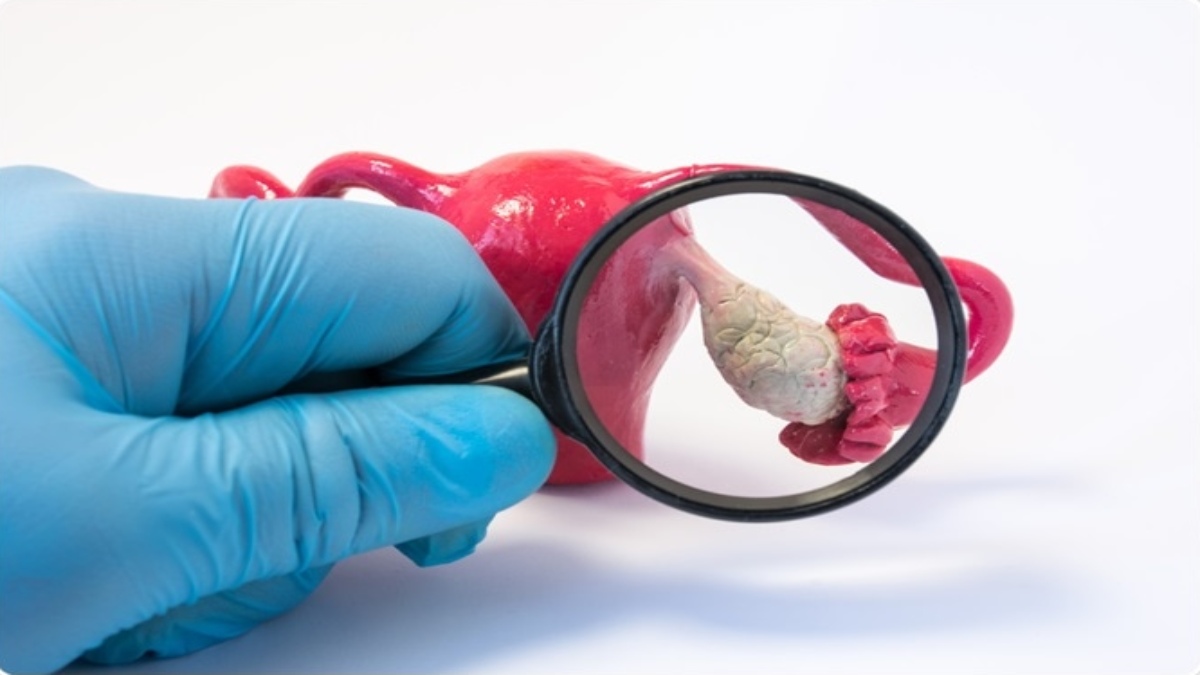


Every tenth woman in the country is suffering from Polycystic Ovary Syndrome (PCOS) disease and the women with the disease have hormonal imbalance and metabolism problems that affect their health adversely. Apart from this, women suffering from the disease continue to face a string of other health issues like irregular menstruation, weight gain, acne, hirsutism which is revealed by a study conducted by a Ph.D. scholar namely Dr. Ishwarpreet Kaur of the Post Graduate Institute of Medical Education and Research (PGIMER) Chandigarh. It is pertinent to mention that the study was conducted adopting random sampling
As many as 275 women were selected in the study and out of the selected sample, who were administered a questionnaire to elicit their treatment-seeking behaviour, 62 willing participants were subjected to in-depth interviews. The study clearly indicated that most of the PCOS patients were overweight (79%) and were diagnosed between 16-25 years of age (76%). Many ( nearly 45%) respondents had no information regarding PCOS. Only 9.1% received some information from their doctors. Above mentioned disease led to multiple ill effects on their health. It is also worth mentioning that out of the total, 37.5% said that the internet existed as the primary and essential source of the information pertaining to the disease and in view of this, they expressed dissatisfaction with the quality of information. Multiple health care agencies (Allopathy and Indigenous) were consulted by most (85.8%) of the respondents. Allopathy was the preferred choice of treatment. It also came to surface that a lot of them hesitated to disclose details to people regarding the disease and the taboo factor emerged as responsible for the same.
The delay in initiating the treatment ranged from 7 days to 84 months which led to increased problems of the patients The major reasons for this were ignorance, the concept of normality, the concept of endurance and relief from symptoms. They were also dissatisfied with the treatment due to a late diagnosis, lack of relief, taboo, side-effects, expenses involved and the need for repeated laboratory tests. Participants’ course of treatment was influenced by the interplay of individual, distress, health-system, and social-economic factors.
A manuscript based on Dr. Ishwarpreet Kaur’s Ph.D. research work (Co-authors: Vanita Suri, Head, Obstetrics & Gynaecology, Dr. Satya Vati Rana Biochemistry, All India Institute of Medical Sciences, Dr. Amarjeet Singh, Department of Community Medicine and School of Public Health) has been deemed suitable for publication in PLOS ONE, a renowned research journal in the arena.